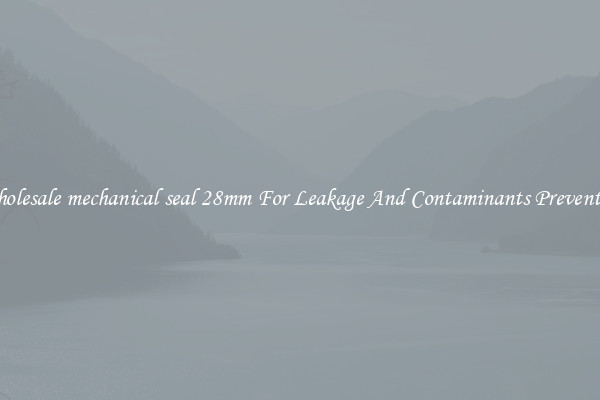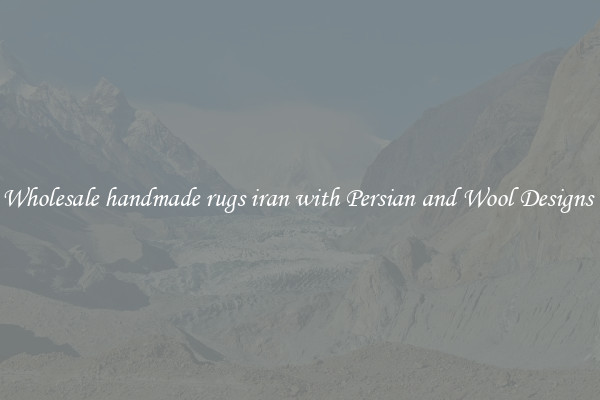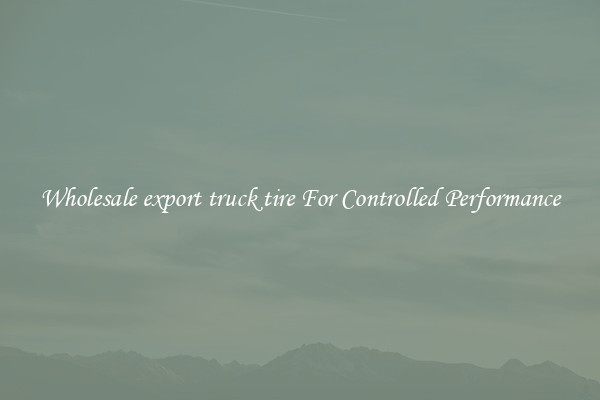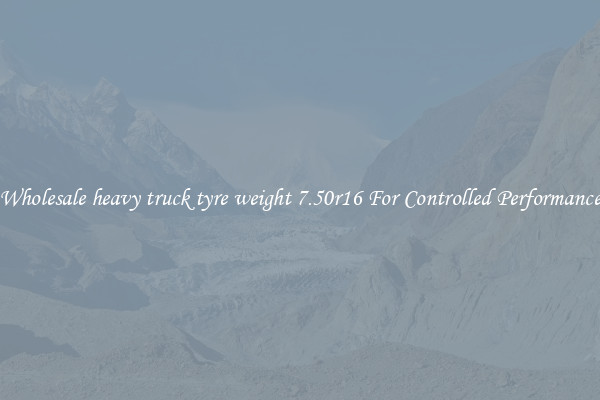Wholesale import export iran For Leakage And Contaminants Prevention
Wholesale Import-Export in Iran: Preventing Leakage and Contaminants
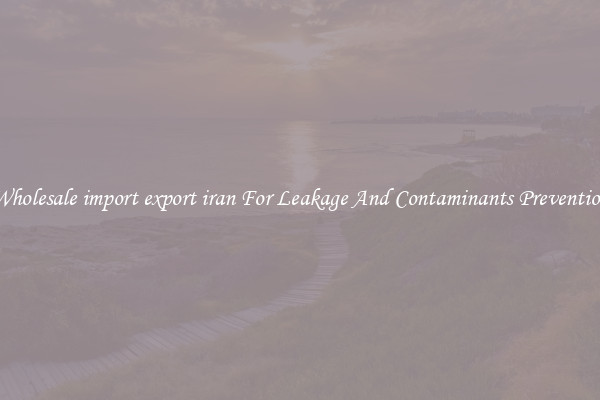
Iran has been a significant player in the global wholesale import-export market, contributing to the growth and prosperity of many industries. However, with such an extensive trade network, it is crucial to prioritize the prevention of leakage and contaminants in various goods and materials. This article discusses the importance of implementing effective measures to ensure the quality and safety of products being imported and exported in Iran.
Leakage prevention is of utmost importance when it comes to wholesale import-export. The transportation and storage of goods involve various stages where leakages can occur, leading to product loss, damage, and financial implications. Implementing measures like rigorous packaging standards, effective sealing techniques, and proper handling procedures can significantly reduce the risk of leakage during transportation.
Additionally, it is essential to emphasize the prevention of contaminants in wholesale import-export activities. Contaminants can compromise the quality and safety of goods, leading to health hazards or rejection of products by foreign markets. Iran must enforce strict regulatory guidelines, conduct regular inspections, and establish quality control mechanisms to ensure that imported and exported goods comply with international standards.
One critical aspect of preventing leakage and contaminants is the implementation of proper storage and warehouse management practices. Warehouses should be equipped with suitable temperature and humidity control systems to prevent spoilage and the growth of bacteria or mold. Regular cleaning and maintenance should be conducted to prevent any potential contaminants from infiltrating the stored goods.
Furthermore, it is crucial to promote awareness and provide training to those involved in the wholesale import-export industry. Employees at all levels of the supply chain should be educated about best practices for handling, packaging, and transporting goods. Training programs can include topics like proper storage techniques, identification and prevention of contaminant risks, and adherence to quality control protocols. This will not only enhance the skills and knowledge of the employees but also create a culture of accountability and responsibility towards product safety.
Collaboration between government authorities, regulatory bodies, and industry stakeholders is instrumental in implementing effective measures for leakage and contaminant prevention. A cohesive approach involving regular inspections, audits, and certifications can ensure compliance with international standards and build a positive reputation for Iranian wholesale import-export practices.
In conclusion, Iran's wholesale import-export industry plays a significant role in global trade. However, it is vital to prioritize the prevention of leakage and contaminants to maintain the quality, safety, and reputation of products. Implementing strict measures, proper storage practices, employee training, and collaboration between stakeholders will ensure that Iran continues to thrive as a reliable and trustworthy player in the international market.
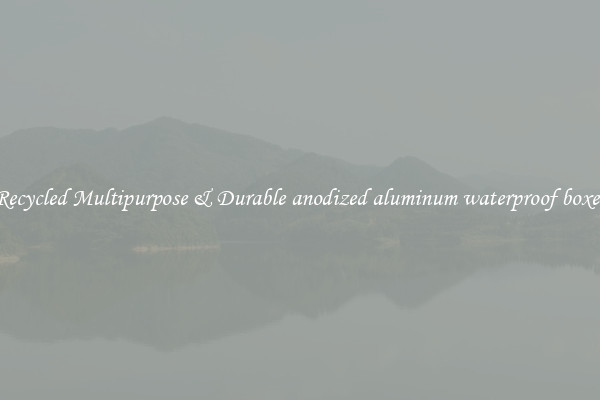
View details

View details
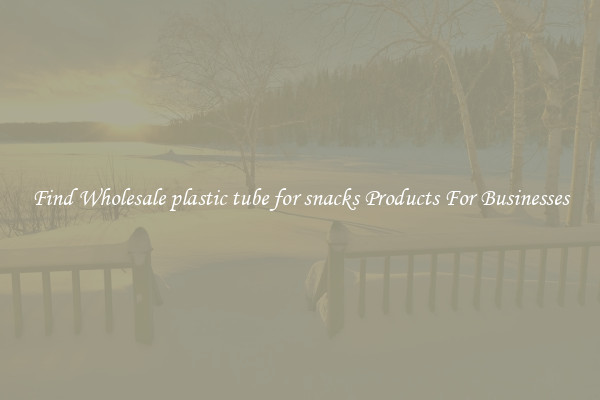
View details
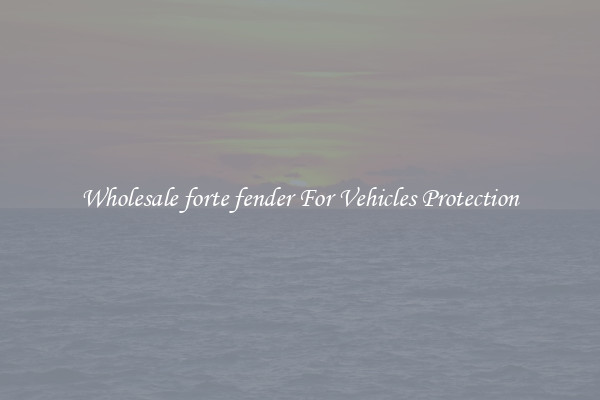
View details

